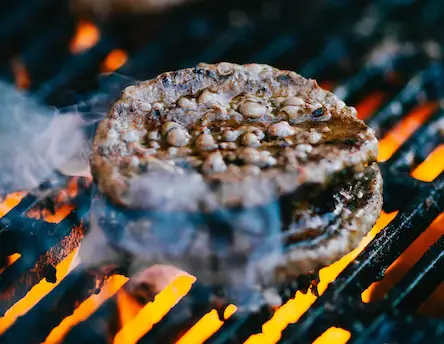Die Welt, citing the German Meat Industry Association (VDF), reported this week that within the next four to six months Germany will face a meat shortage, and prices will skyrocket.
Hubert Kelliger, a VDF board member and head of group sales at meat seller Westfleisch said, “In four, five, six months we will have gaps on the shelves.”
Pork is expected to experience the worst shortages. The issues in meat supply are due to Berlin insisting on reducing the numbers of livestock by 50% to reduce global warming emissions. Experts are warning this policy will result in mass shutdown of meat-producing companies, and that will produce a 40% rise in the price of meat.
Analysts also warn that the reduction in meat production will also reduce the supply of natural fertilizer, which will cause follow-on shortages in vegetable yields, and concomitant rises in the cost of producing and supplying vegetables, due to the high costs of artificial fertilizers, which are dependent on natural gas as a feedstock for the production of the ammonia which is converted into urea. Both situations will worsen an already untenable food crisis and inflation-driven cost of living crisis in Germany.
Meat industry experts note that although Germany has seen a surge in veganism and vegetarianism over the last few years, over 90% of the population still eats meat, and these costs will hit them hard.
Currently the biggest meat importer in Europe, Germany has already been relying more and more on meat imports instead of domestic production, with the percentages of meat supplied by imports growing aggressively these last few months.
In turning to imports in an attempt to maintain supply, VDF experts make the case Germany is making the same mistake with eat that it made with energy, by allowing itself to become dependent on an external supply which will precipitate a food crisis should the foreign supplies be withdrawn at some point.

